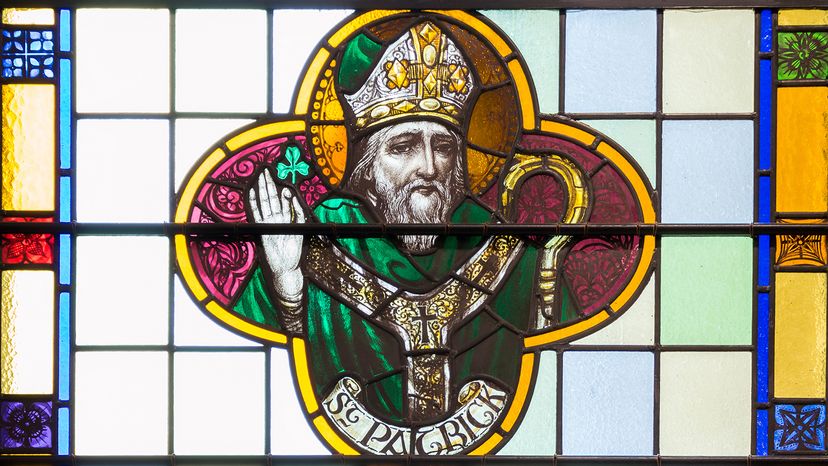
When we think about St. Patrick's Day, spiritual meaning isn't always the first thing to come to mind. We often celebrate with parades, green attire and festive gatherings — but at its core, it is a deeply spiritual holiday revolving around faith and devotion.
This day honors Saint Patrick, the patron saint of Ireland, who played a vital role in bringing Christianity to the Emerald Isle and strengthening the Christian faith among the Irish people.
Advertisement
For those of Irish descent, St. Patrick's Day is more than a cultural celebration; it's a reflection of Irish heritage, Irish identity and spiritual devotion. The holiday has become a time for the Irish diaspora to reconnect with their roots and for people worldwide to reflect on the teachings of Jesus Christ, the influence of the Roman Catholic Church and the significance of faith in daily life.